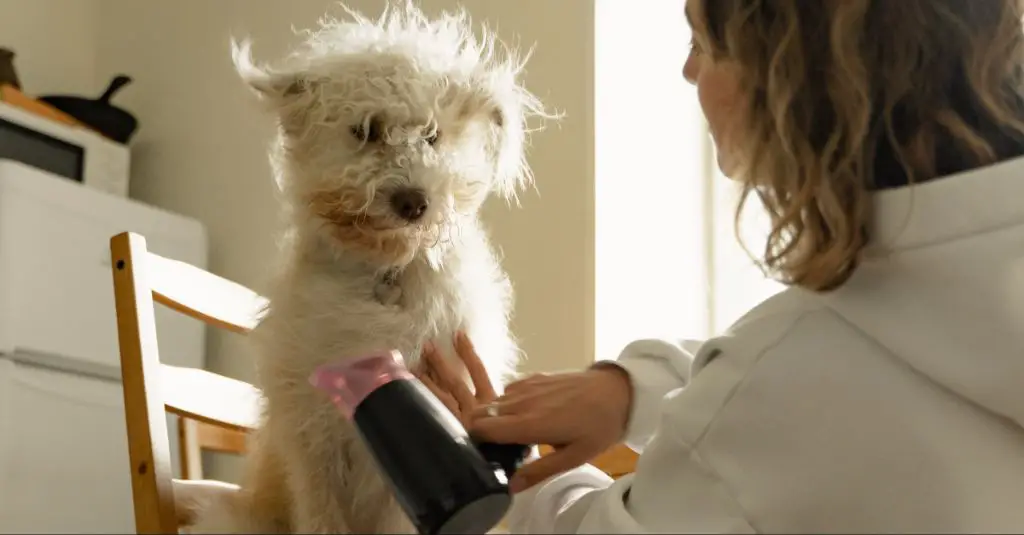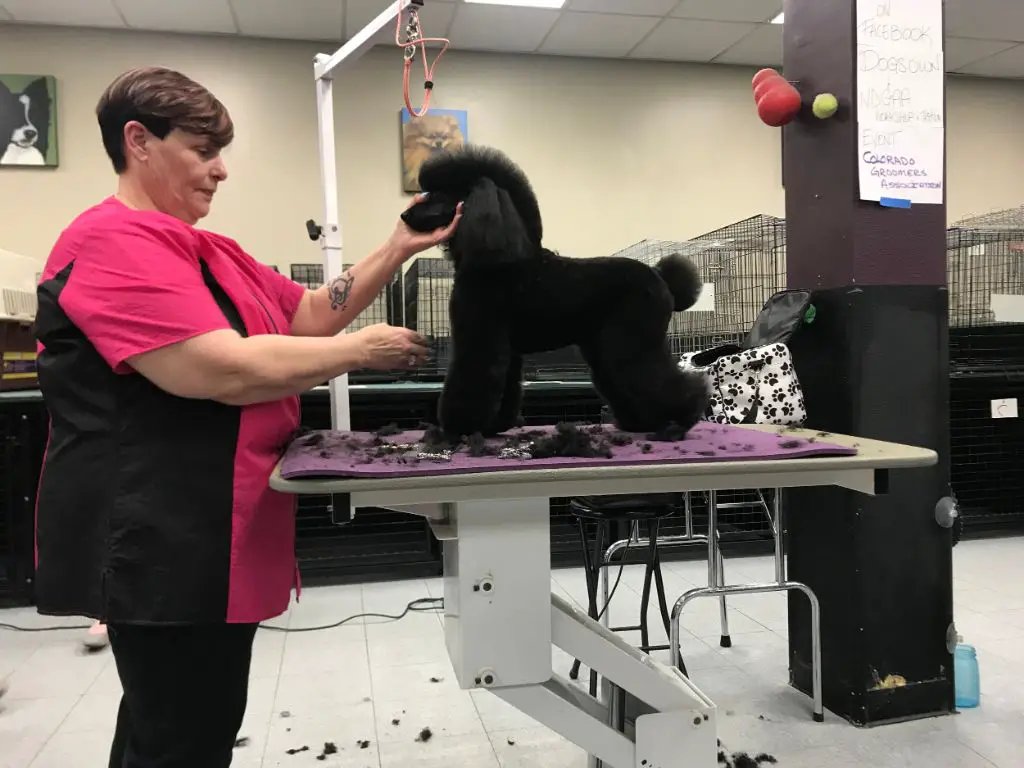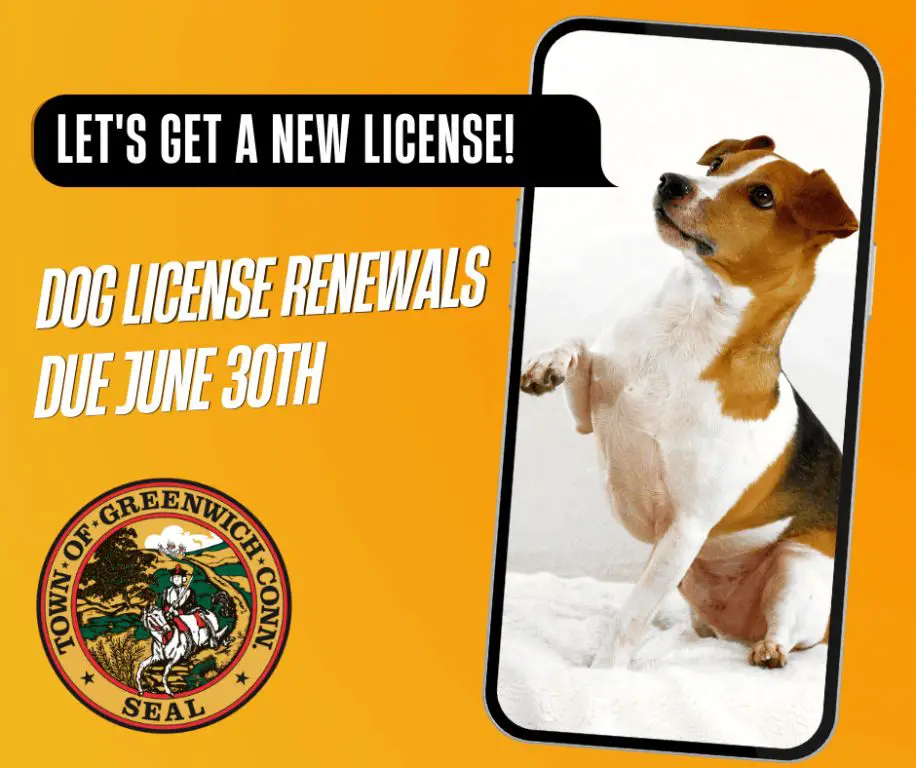Introduction
Dog grooming is a growing industry as more pet owners seek professional services to keep their dogs clean, healthy, and well-groomed. Operating a dog grooming business comes with important licensing and regulation requirements that business owners must follow.
Obtaining the proper licenses and following industry regulations is crucial for several reasons. First, it legitimizes your business and allows you to legally operate. Unlicensed businesses can face fines or even be shut down. Second, licensing helps ensure you meet standards for safely and properly caring for pets. Customers will look for proper licensing to know they can trust you. Finally, licensing and regulations protect pets from negligence or mistreatment.
This guide will provide an overview of the major licensing and regulation considerations for aspiring dog grooming business owners at the federal, state, and local levels.
Federal Licensing
Most dog grooming businesses are not required to obtain a general federal license or permit. One exception is if the business sells any retail products that contain alcohol, tobacco, or firearms, in which case the business may need an applicable federal license or permit from the ATF or FDA.
The main federal agency that regulates pet businesses is the USDA. However, the USDA does not require dog groomers to be licensed at the federal level. They offer optional facility licensing for breeders, dealers, exhibitors, and research labs. But grooming facilities are not included under their licensing programs.
Some key points on federal licensing for dog grooming businesses:
- No general federal business license is needed.
- USDA does not require licensing for dog grooming facilities.
- Only needed if selling regulated retail products like alcohol or tobacco.
- Focus licensing requirements at state and local levels.
So at the federal level, dog grooming businesses do not need to obtain any type of permit or license to operate unless they are selling regulated retail products.
State Licensing
In most states, operating a dog grooming business requires obtaining a general business license. This applies to both home-based businesses as well as commercial storefronts. The exact requirements and costs vary by state.

Typically, you’ll need to register your business name and structure with the state and pay a fee that can range from $50-$500. The state business license allows you to legally operate within that state and collect sales tax.
Many states require a general business license for any business operating in that state, regardless of industry. For dog groomers, this ensures you comply with state regulations and taxes. Some states may also require you to register your pet care services or facility license separately.
Be sure to research the business licensing requirements in your state. The application process can take 4-6 weeks. You’ll likely need to provide details on your business name, ownership structure, location, and services. Fees are often tiered based on company size and revenue.
Complying with state licensing demonstrates that you are operating a legitimate business according to regulations. It also provides consumer and government oversight of your pet services.
Local Licensing
In addition to federal and state licensing requirements, most cities and towns have local regulations for operating a dog grooming business. Licensing requirements can vary significantly depending on the location.
To open a grooming business, you will likely need to apply for a general business license from the city or county. This requires submitting an application and paying a licensing fee, which is usually an annual recurring cost. The application process will ensure your business meets zoning, building code and other requirements.
Many municipalities also require a separate permit specifically for animal-related businesses. For example, a kennel license may be needed for housing animals overnight. There could also be regulations on the number of animals allowed on the premises. Noise ordinances may come into play as well.
Specialized licenses related to waste disposal, hazardous materials, and water usage may also apply. For example, a wastewater permit is often needed to discharge dirty water from washing dogs down the drain. Proper ventilation requirements must be met as well.
The local health department will likely conduct an inspection before issuing business permits. Ongoing inspections may happen annually or more frequently. Failing to pass an inspection can result in fines or loss of license until violations are corrected.

Be sure to check regulations for your specific city, county and neighborhood to understand all local licensing requirements before opening a dog grooming business.
Zoning Laws and Location Restrictions
Zoning laws dictate where and how a dog grooming business can legally operate. Many municipalities have zoning restrictions regarding operating certain types of businesses out of a home residence. Dog grooming often falls under these home business restrictions.
Typically, a dog grooming business would be prohibited from operating out of a private residence zoned exclusively for residential use. There may also be restrictions on signage, parking, noise levels, and the number of customers allowed on site.
To comply with zoning, most residential groomers operate on an appointment-only basis, with no large signage or walk-in traffic. Any employees or regular customer visits could violate home business zoning laws.
Commercial or industrial zoning is often required to open a storefront dog grooming business. Even then, some areas may have restrictions on where animal care businesses can be located, such as minimum distances from schools, restaurants or residential areas.
It’s important to research local zoning ordinances thoroughly before signing any business property lease or making renovations. Non-compliant grooming businesses can face fines, revoked licenses and closure if they violate zoning restrictions.
Industry Regulations
Grooming associations and veterinary boards often set regulations and standards for the pet grooming industry. Key associations include the National Dog Groomers Association of America (NDGAA) and the International Professional Groomers (IPG).
The NDGAA provides certification programs that involve training, testing, and continuing education. Certified master groomers must complete 300 hours of hands-on training, while certified groomers must complete 200 hours. Both must pass written and practical exams.
To maintain certification, groomers need to complete 6-10 hours of continuing education each year. Coursework covers topics like safety, handling, breeds, tools, skin care, first aid, and business practices.

The IPG offers voluntary certification for master status. Testing involves a written exam on topics like anatomy, skin issues, handling, and equipment. The practical exam requires demonstrating grooming skills. Continuing education is recommended but not required.
These certifications show groomers have undergone standardized training and testing. Certification often isn’t mandatory, but may be encouraged or give a competitive edge. Some pet owners seek out certified groomers for assurance of proper training.
Inspection Requirements
Running a dog grooming business often requires meeting certain health and safety inspection requirements. This is to ensure the facility is properly equipped and maintained to provide grooming services in a safe and hygienic manner.
There are typically two main types of inspections dog groomers need to be prepared for:
-
Health inspections – Local health departments will conduct periodic inspections to check that the facility meets sanitation and cleanliness standards. This includes things like having hot running water, proper ventilation, clean working surfaces, and proper waste disposal procedures.
-
Safety inspections – The state occupational safety department may conduct inspections related to things like electrical safety, equipment guarding, proper chemical storage, and other aspects. They want to ensure a safe working environment for employees.
Beyond these regular inspections, many states also require new dog grooming facilities to pass an initial inspection before opening for business. Failing to pass these inspections can result in citations, fines, or even closure if violations are left unaddressed.
To prepare for the inspection process, dog groomers should research all applicable laws and build out their facility accordingly. Maintaining cleanliness, safety, and proper operating procedures at all times is also key to smoothly passing any inspection.
Employer Requirements
If you plan to hire any employees for your dog grooming business, there are additional licensing and registration requirements you must complete. This ensures you are legally allowed to pay wages and provides protections for your employees.
You will need to register with both federal and state agencies that handle employment and payroll regulations. At the federal level, you must obtain an Employer Identification Number (EIN) from the Internal Revenue Service (IRS). This number functions like a social security number for your business for tax purposes. Without an EIN, you cannot pay employees or file employment tax returns.
You may also need to register with your state’s department of revenue or taxation and obtain any business or employer tax licenses required. Your state likely mandates you withhold state income taxes from employee wages, so proper registration is critical.
Additionally, most states require worker’s compensation insurance for employees. This provides them coverage for injuries sustained on the job. Workers’ compensation requirements differ by state, but failing to carry proper coverage can lead to significant fines.
It’s important to consult with state and local government agencies to determine all licensing and regulatory steps needed before hiring any employees. This ensures you remain compliant and provides your employees with all legal protections and benefits they are entitled to.
Renewal and Updates
Once you have obtained the necessary licenses and permits to operate your dog grooming business, it is important to keep them up to date through timely renewals. Requirements vary between federal, state and local jurisdictions but typically licenses need to be renewed annually or biennially.

To keep your business legally compliant, mark your calendar with all upcoming renewal dates and make sure to file the proper paperwork and pay any fees well in advance of expiration. Most renewal applications are fairly simple, requiring minimal new information beyond what was submitted during initial licensing.
Be aware that regulations and requirements can change over time. Monitor notifications from all relevant licensing agencies and review renewal paperwork closely for any adjustments to rules, insurance minimums, fees, inspections or other specifications. Failure to meet current requirements could result in penalties or suspension of your license.
Also watch for any changes to local zoning laws pertaining to home-based businesses or new industry regulations at the state level. Both could impact the permits and clearances needed to continue legally operating your dog grooming services.
Staying up to date on all licenses, regulations and protocols is a critical part of running an above-board small business. Renewing on time and staying current will ensure your dog grooming operation continues to meet all legal obligations.
Conclusion
Proper licensing is incredibly important for starting and operating a successful dog grooming business. Adhering to federal, state, and local regulations shows customers that you are a legitimate business that cares about following the rules. More importantly, licensing protects the health and safety of the dogs in your care. Without proper credentials, training, and facilities, grooming poses serious risks to dogs.
Additionally, licensing and permits allow you to legally operate your business according to zoning laws. Unlicensed or illegal grooming businesses can face hefty fines or even closure. Renewing licenses and staying current with changes to regulations is crucial as well. Overall, doing your due diligence with licensing requirements demonstrates that you are a knowledgeable professional dedicated to providing quality care. Your customers and community will have peace of mind knowing you adhere to industry standards and regulations.